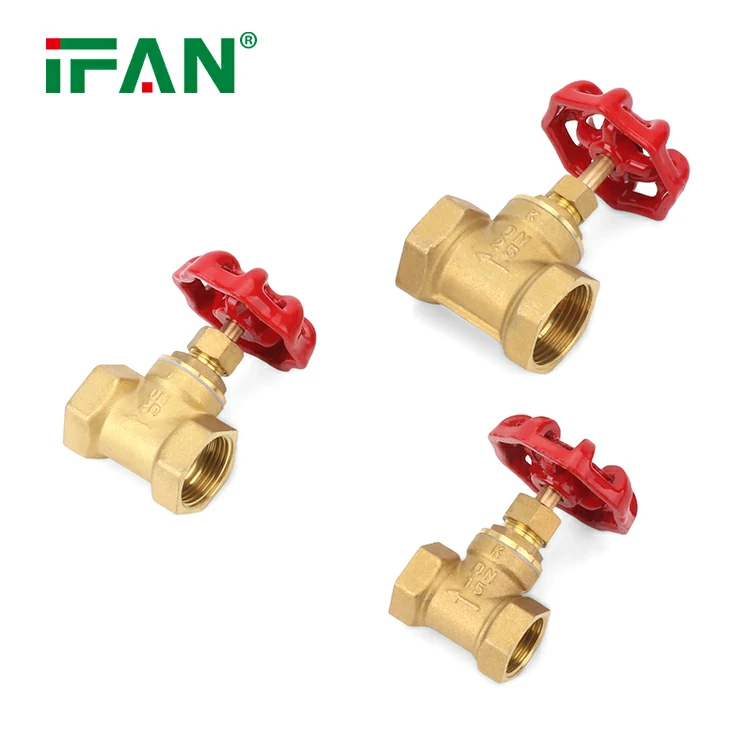Introduction to Gate Valves
Gate valves are essential components in fluid systems, providing reliable on-off control by fully opening or closing a gate perpendicular to the flow path. Choosing the right material for a gate valve is crucial to ensure durability, corrosion resistance, and optimal performance in various applications.
Common Materials for Gate Valves
Several materials are commonly used for gate valves, including cast iron, stainless steel, bronze, and ductile iron. Each material offers unique properties and is suited for different operating conditions and fluid media.
Cast Iron Gate Valves
Cast iron is a cost-effective material for gate valves, providing good mechanical strength and pressure resistance. It is commonly used in water distribution systems and other low-pressure applications. However, cast iron is susceptible to corrosion, particularly in aggressive environments.
Stainless Steel Gate Valves
Stainless steel gate valves are known for their corrosion resistance and durability. They are ideal for applications involving corrosive fluids, high temperatures, and high-pressure systems. Austenitic stainless steels, such as 304 and 316, are particularly popular due to their excellent corrosion resistance and mechanical properties.
Bronze Gate Valves
Bronze gate valves offer good corrosion resistance and are suitable for a wide range of fluids, including water, oil, and some chemicals. They are often used in marine and plumbing applications. Brass, a type of bronze with a higher zinc content, is also used for its aesthetic appeal and corrosion resistance in less demanding environments.

Ductile Iron Gate Valves
Ductile iron, also known as nodular iron, combines the strength of cast iron with improved ductility and impact resistance. It is an excellent choice for gate valves in high-pressure applications, such as oil and gas pipelines. Ductile iron gate valves can withstand significant stresses and are less prone to cracking than cast iron.
Material Selection Based on Application
The best material for a gate valve depends on the specific application. For example, in water treatment plants, stainless steel gate valves are often preferred due to their resistance to corrosion from chemicals and high temperatures. In contrast, cast iron gate valves may be sufficient for municipal water distribution systems where corrosion is less of a concern. In marine environments, bronze or brass gate valves are typically used due to their resistance to saltwater corrosion.
Considerations for Material Selection
When selecting the best material for a gate valve, consider factors such as fluid media, temperature, pressure, and cost. Additionally, evaluate the valve’s design and manufacturing quality, as well as the manufacturer’s reputation and warranty. It may also be beneficial to consult with a valve expert or engineer to ensure that the chosen material meets the system’s requirements and regulatory standards. By carefully selecting the right material, you can ensure that your gate valve provides reliable performance and long-lasting durability.
In summary, the best material for a gate valve depends on the specific application and operating conditions. By considering factors such as corrosion resistance, mechanical strength, temperature, and pressure, you can choose a material that ensures optimal valve performance and system reliability. Whether it’s cast iron, stainless steel, bronze, or ductile iron, the right material will help your gate valve function efficiently and safely in various fluid systems.

